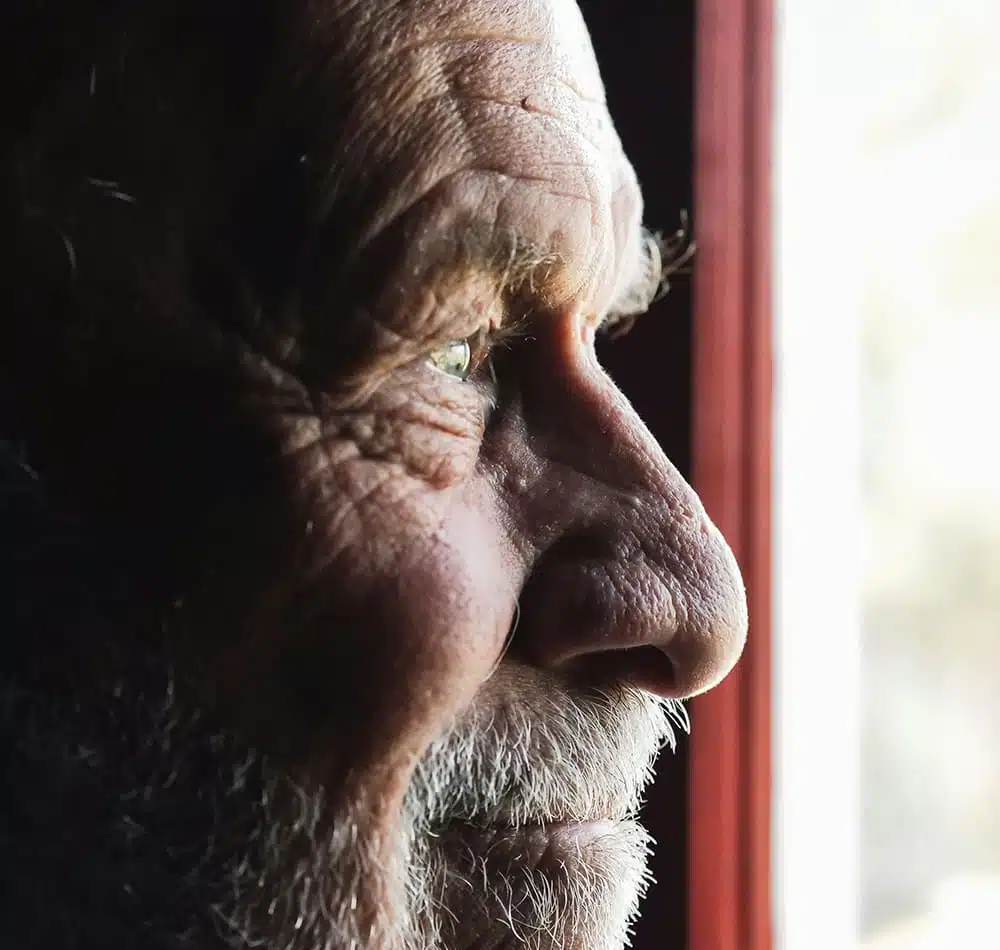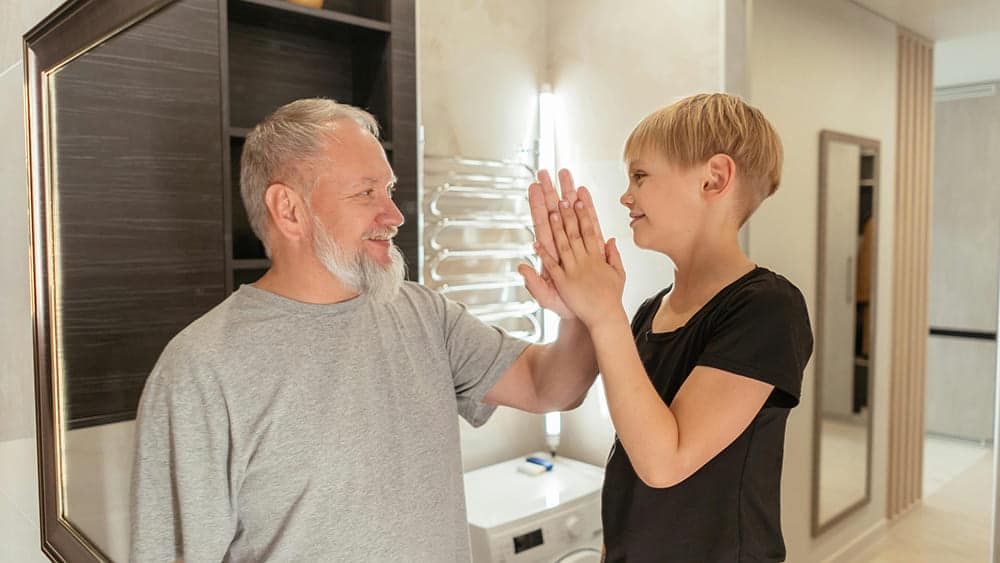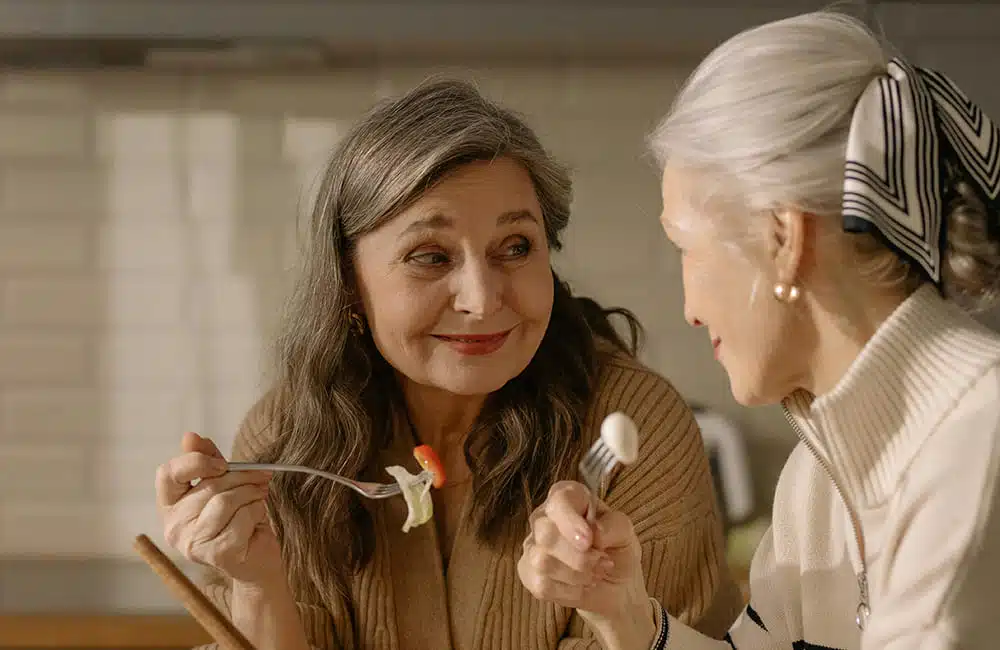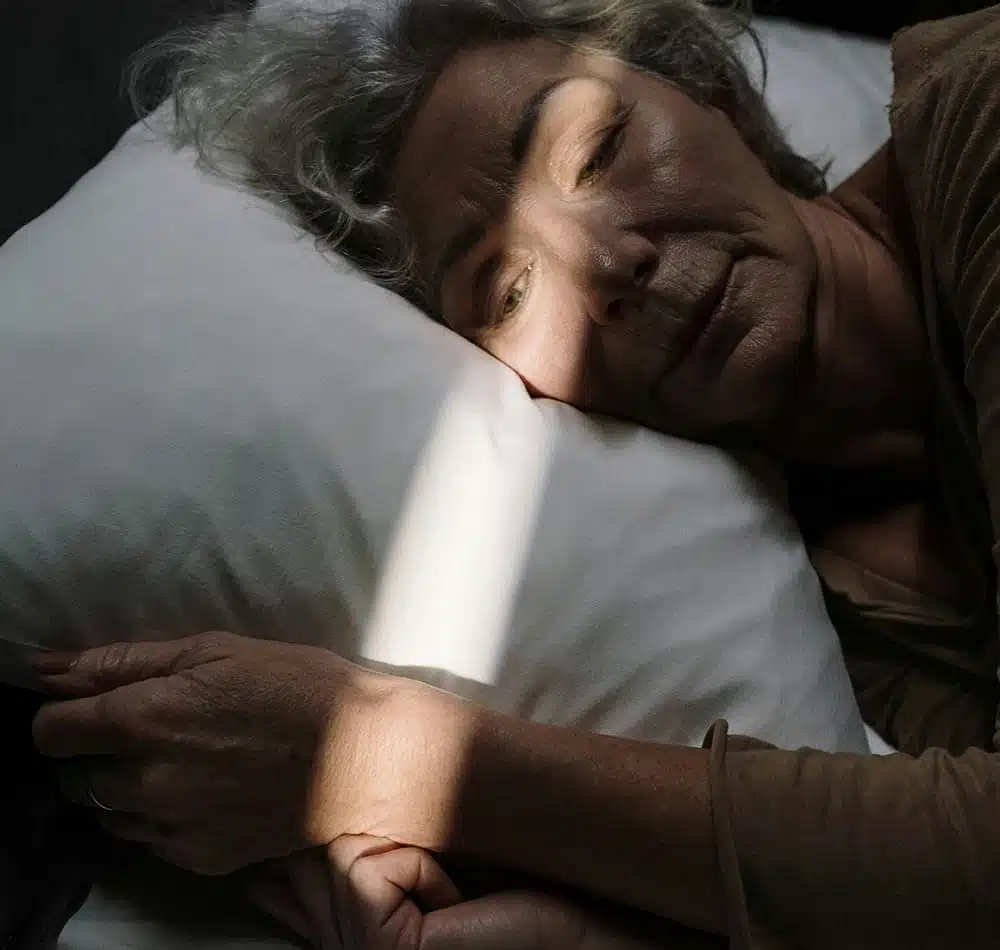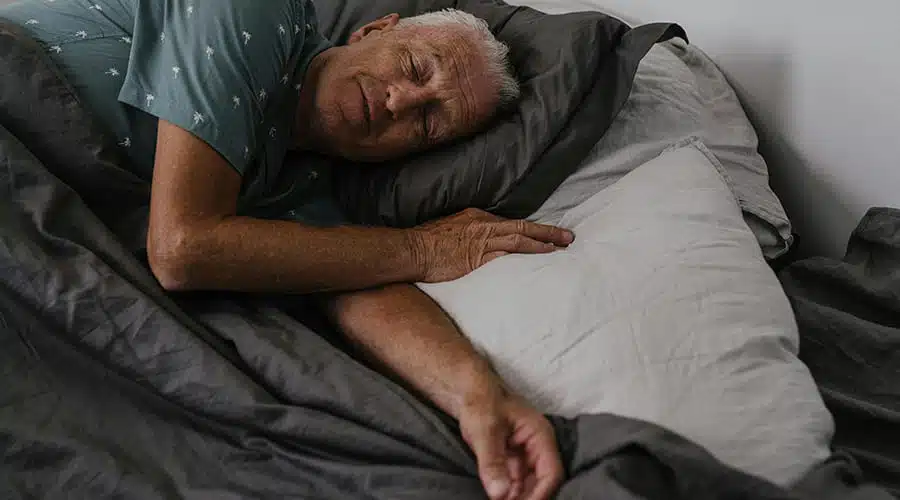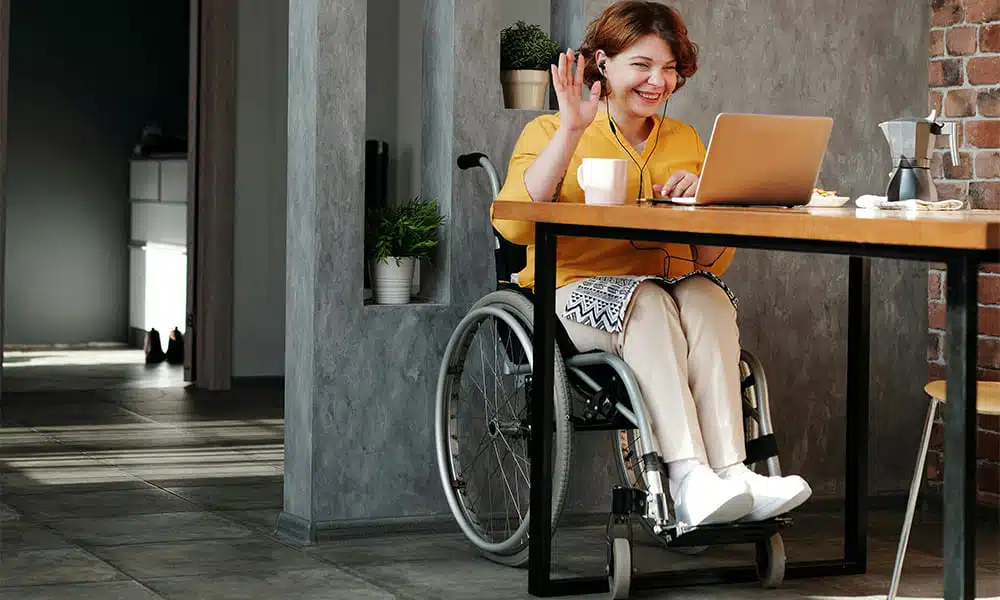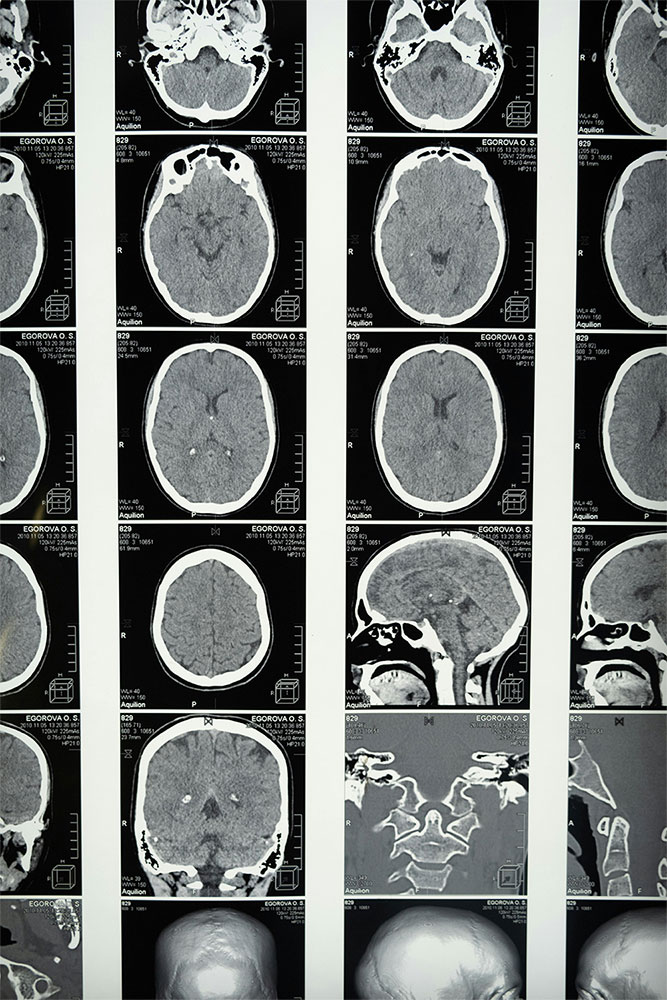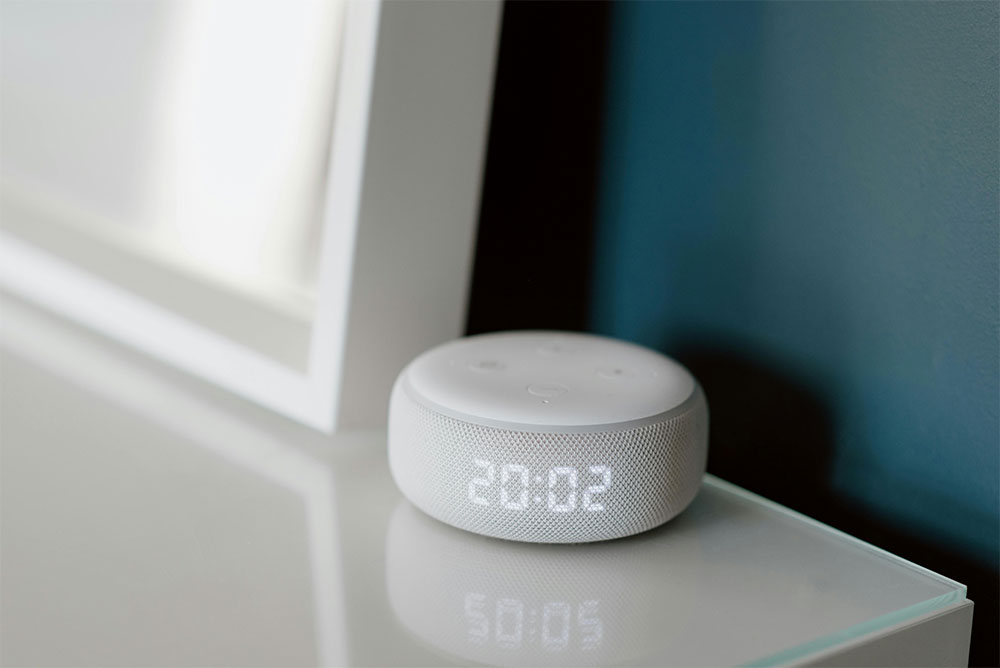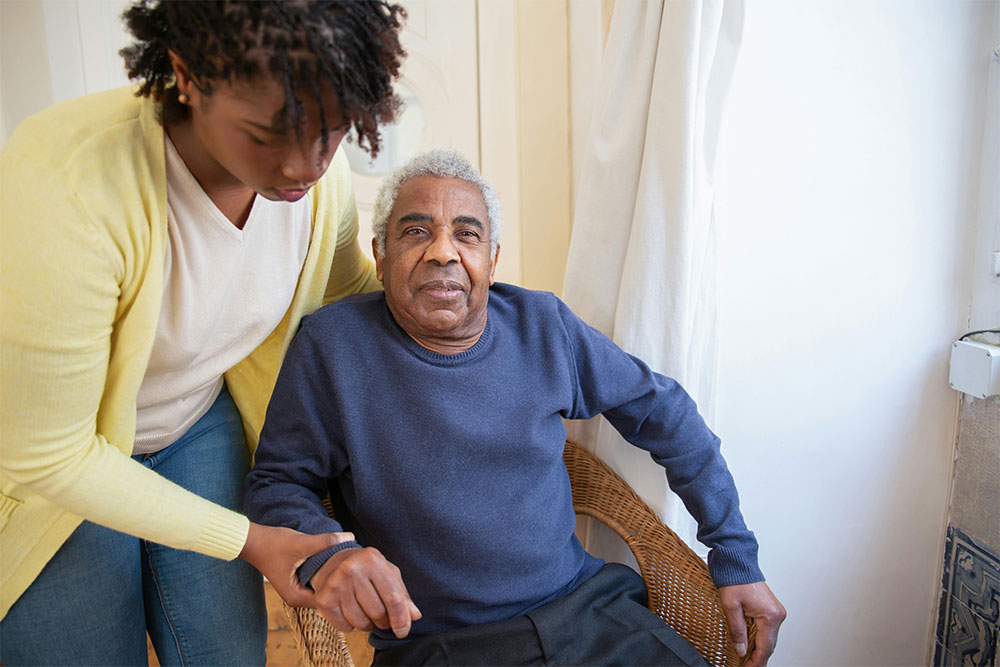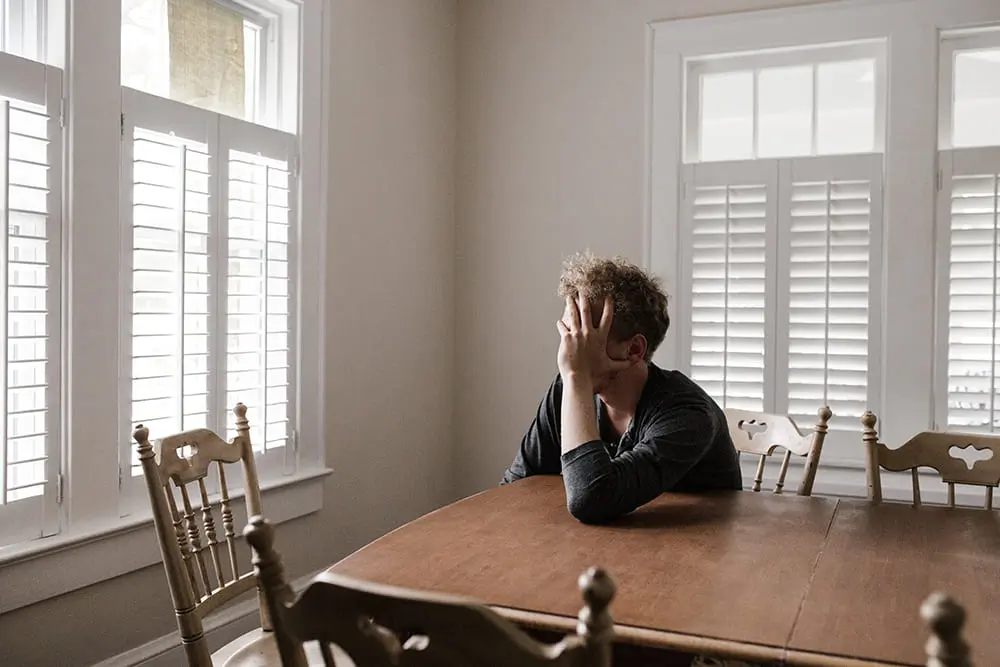
Christopher Ravn
Key Takeaways
1. Dementia and memory problems have existed throughout human history, primarily affecting the elderly but not sparing the young, indicating a widespread impact across ages in our society.
2. Dementia is characterized by a decline in cognitive functions such as thinking, memory, and reasoning, leading to difficulties in emotional control, personality changes, and daily life challenges.
3. The underlying cause of dementia and memory loss lies in the damage to brain nerve cells and their connections, with specific symptoms depending on the brain area affected.
4. As dementia progresses, caregiving becomes essential, profoundly impacting the patient, the caregiver, and their social relationships, highlighting the need for comprehensive support systems.
Table of Contents
1. What Is the Difference Between Memory Care and Dementia Care?
2. What Does Dementia Care Include?
3. What Does Memory Care Include?
4. Memory Care vs Dementia Care
5. Similarities Between the Two
6. Differences in Assistance Provided
7. Comparing Memory Care Providers With Other Care Facilities
8. Memory Care vs Nursing Home
9. Memory Care vs Assisted Living
10. Memory Care vs Memory Clinic
11.Technological Advancements in Memory and Dementia Care
12. How to Design Different Personal Care Plans?
13. Frequently Asked Questions About ‘What Is the Difference Between Memory Care and Dementia Care’
What Is the Difference Between Memory Care and Dementia Care?
- Dementia is related to the loss of cognitive functioning affecting the thinking, remembering, and reasoning of a patient.
- Dementia care includes 24-hour monitoring and assistance, as these patients are prone to injuring themselves and tend to be more agitated and aggressive.
- Memory care includes assisted living, where patients are still capable of performing day-to-day activities such as eating and going to the bathroom, but they may require assistance in remembering when to take medication and their daily itinerary.
Dementia-related memory issues tend to be more severe than general memory issues, as dementia progresses beyond cognitive decline to also affect motor functions by the loss of cognitive capabilities. While both patients need caregiving, dementia patients may require more assistance with day-to-day activities and tasks. Patients suffering from dementia will need assistance with all aspects of their lives, while patients with general memory issues tend to require less assistance. Dementia care entails assistance with typical caregiving along with movement assistance, as once dementia progresses, patients will decline to the point where they are unable to move freely independently. General memory care includes normal caregiving; however, patients will be able to move independently and handle many everyday tasks and functions unassisted.
What Does Dementia Care Include?
Dementia care includes 24-hour monitoring and assistance, as these patients are prone to injuring themselves and tend to be more agitated and aggressive. Full-time care is provided, along with full assistance with day-to-day activities and tasks such as eating, going to the bathroom, exercising, and socializing. While there is still no cure for dementia, there are many forms of treatment for dementia patients that make their lives more comfortable as they gradually lose all cognitive capabilities. This includes medication, speech therapy, muscle and limb mobility exercises, dietary adjustments, and many other developing forms of treatment. Their medication typically includes emotion stabilizers and, in some cases, antidepressants to regulate their fluctuating mood patterns. You could also try our non-invasive method using light therapy for dementia.
What Does Memory Care Include?
Memory care includes assisted living, where patients are still capable of performing day-to-day activities such as eating and going to the bathroom, but they may require assistance in remembering when to take medication and their daily itinerary. Treatments for patients with general memory issues include medication, sleep hygiene, speech therapy, financial assistance, and dietary adjustments as well. Memory care is typically long-term care that is highly tailored based on the individual’s needs. As the symptoms of general memory issues can vary greatly from individual to individual, many memory care facilities tend to design the care based on the specific needs of the patient.
We Believe Prioritizing Brain Health Enhances Your Quality Of Life
Get to know our team, our mission and how our EVY LIGHT® can provide you and your loved ones with a fuller life, letting you breathe a little easier.
Memory Care vs Dementia Care
Though at times memory care and dementia care are used interchangeably, there are differences if we compare them both. When talking about memory care, the focus is on targeting long-term ailments such as Alzheimer’s disease and dementia that impact one’s memory and health. Memory care is designed to create a safe space for those who are suffering from memory loss. It covers assistance such as managing the patient’s medication, helping with daily activities, and also introducing the patient to programs that will help with their cognitive ability. At times, some patients would opt for alternative treatments, such as flashing light treatment for Alzheimer’s.
Though memory care offers a wide range of assistance for these types of ailments, dementia care focuses on addressing the broader needs of dementia patients. This ranges from assisting them with memory issues to addressing cognitive and behavioral symptoms. Though there are some elements of memory care in dementia care, it strongly emphasizes intensive medical, social, and emotional support for both caregivers and patients.
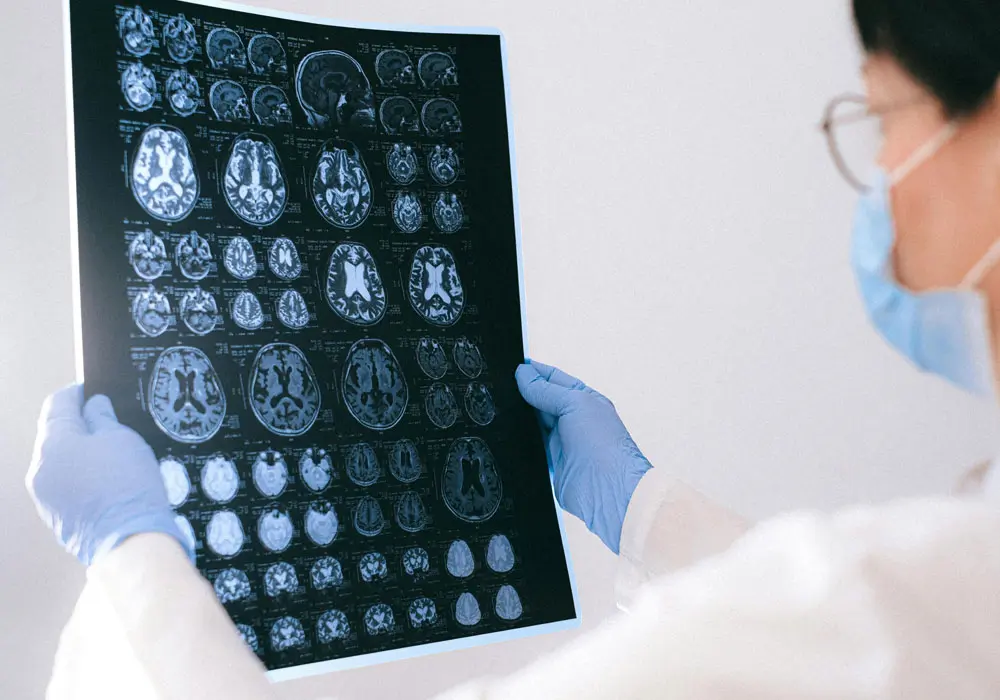
Similarities Between the Two
While dementia care and memory care share many similarities, it is crucial to distinguish between the two to better cater to the specific needs of patients afflicted by these diseases. While general memory care covers day-to-day activities and provides assistance with everyday life, dementia care tends to involve full assistance with all activities and tasks following their diagnosis. Both ailments leave patients with diminished cognitive abilities, requiring caregiving to ensure they can continue to live comfortably without injuring themselves. Memory care is suitable for patients who need assistance and support with everyday life but are capable of carrying out many tasks independently. Dementia care is essential for patients with advanced neurodegeneration who are incapable of performing everyday tasks. Both types of care also require specially trained staff, cognitive therapies, and increased safety measures compared to regular nursing homes due to the occupants’ tendency to injure themselves and pose various safety hazards to others.
Differences in Assistance Provided
Professional carers will need to be more attentive to dementia patients than to those with general memory issues, as dementia patients are fully dependent on caregivers. They are prone to accidental self-injury and may pose hazards to others’ lives as well. Locked entrances and exits, as well as properly secured items, utensils, and equipment, are crucial to avoid safety hazards. Patients under memory care tend to enjoy more freedom compared to those under dementia care, as dementia patients are restricted from wandering due to their limited mobility. While forgetfulness can be a normal part of the aging process, dementia is a serious disease that causes patients to become completely dependent as the disease progresses further.
Comparing Memory Care Providers With Other Care Facilities
Memory care providers catering to dementia patients and those with general memory loss differ from standard elderly care, as these patients suffer from cognitive decline, and typical nursing homes may not be fully equipped to handle the cognitive aspect of their ailments. Nursing homes, also known as skilled nursing facilities, cover basic activities for the elderly who may not be experiencing cognitive decline and simply require a comfortable living space to spend time with other elderly individuals. The residents of nursing homes do not necessarily require hospital care; they are still capable of performing day-to-day tasks and can enjoy socializing and participating in various activities with other residents. Nursing home residents can engage in activities that may not be suitable for dementia patients, such as reading books, karaoke, playing games, watching television, and other activities that require attention and cognitive abilities.
Memory Care vs Nursing Home
When we compare memory care to nursing homes, both have long-term facilities. However, they serve different purposes and needs.
For instance, memory care facilities specialize in supporting patients with memory-related issues, such as Alzheimer’s disease and various types of dementia. They offer a secure and well-structured environment tailored to the needs of patients with memory impairment. Memory care programs include daily assistance and guidance with activities, medication management, and programs designed to stimulate cognitive function, all aimed at enhancing and managing the quality of life.
On the other hand, nursing homes provide a broader range of medical and personal care services, regardless of whether the patients have memory issues. Nursing homes offer constant support, medication management, physical therapy, and various rehabilitation services. Therefore, nursing homes not only assist with memory issues but also address a myriad of health conditions and functional issues.
Memory Care vs Assisted Living
Nursing home occupants and those in assisted living share similarities with dementia care and general memory loss care, but they lack the expertise to deal with the neurodegeneration suffered by patients experiencing cognitive decline. Nursing homes and assisted living facilities simply provide basic assistance to the elderly, lacking the full-time attention and specialized assistance needed by patients affected by neurological conditions. While occupants of assisted living facilities can engage in tasks that require cognitive abilities, patients in memory care tend to respond positively to therapies such as music therapy, art therapy, reminiscence therapy, and pet therapy for companionship.
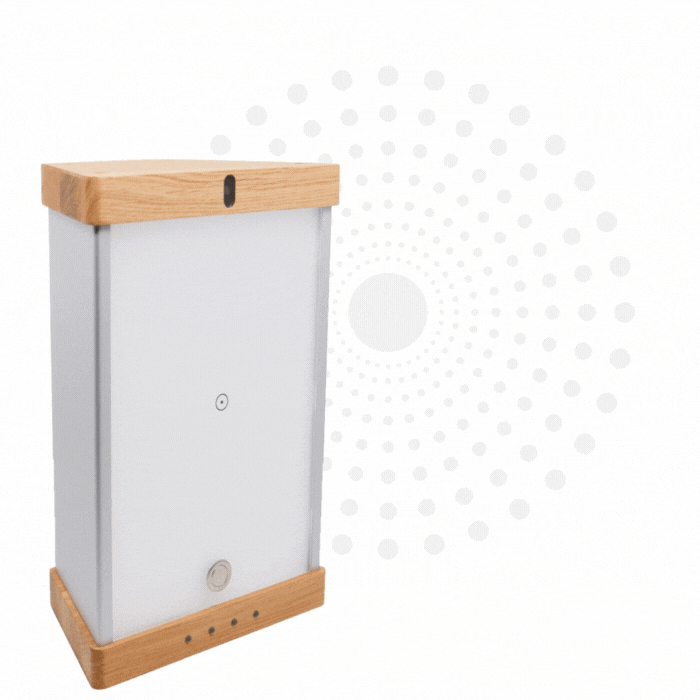
Enhance your brain performance through the power of light.
Comfortable and easy to use 40Hz light therapy to support and improve your brain function.
View Our LightMemory Care vs Memory Clinic
People are diagnosed with dementia and general memory loss through memory assessments conducted in memory clinics or other healthcare facilities. These clinics aim to diagnose patients, enabling them to get the help they need. The memory assessment is designed as a screening for patients to determine the effectiveness of their cognitive abilities, such as memory, language skills, thinking ability, and other intellectual functions. The assessment is capable of determining how well each part of the brain is functioning and which lobes are in states of decline. A person will need to be referred to the memory assessment by a general practitioner. Once they complete the assessment, it will become clear how well their brain is functioning and whether or not they are suffering from a mental disease.
Technological Advancements in Memory and Dementia Care
In recent years, the medical world has made significant progress in the neurological field, with many treatments and therapies being developed to combat neurological decline in patients. This is an important area of study for the future of humanity, as many people are suffering from neurological diseases. For those suffering from neurological conditions, technological and medical advancements are essential because they give caregivers the resources they need to support patients. Advancements in hospice equipment and tools greatly improve the quality of life for patients and caregivers alike, easing the caregiving process and enhancing the overall well-being of patients.
How to Design Different Personal Care Plans?
Each patient has their own unique needs, and it is crucial to address these needs according to the severity of cognitive impairment and loss of bodily functions. Determining the stage of cognitive decline can be achieved through various tests, and individualized care plans must be designed to meet the specific needs of dementia and memory patients. It is essential to tailor care to each patient to ensure they receive the care and assistance they deserve.
A typical itinerary for memory care may include daily activities such as bathing, meals (breakfast, lunch, and dinner), conversations, discussions, arts and crafts, chores, and going for walks or playing games. Dementia patients may not be capable of engaging in the same activities, but they still require adequate nutrition and mobility exercises.
Dementia and memory loss have three main stages: the pre-dementia or early dementia stage, the moderate or middle-stage dementia, and the severe or late-stage dementia. In the early stage, care may be relatively simple, as the patient can still live independently and may not exhibit obvious memory loss or difficulties completing day-to-day tasks. As the disease progresses to the middle stage, significant behavioral and personality changes may occur. Typically, the patient will require full-time or part-time caregiver assistance during this period for regular day-to-day activities and tasks. In the late stage, the patient will experience severe cognitive decline along with the loss of physical abilities. They may exhibit pronounced memory loss, incontinence, and loss of mobility. Caregivers need to adapt their approach based on the stage of the disease, understanding the progression and increasing need for care and attention over time.
Learn What Others Have Experienced with EVY Light
See how others have achieved a sharper mind by activating their gamma brainwaves in combination with maintaining a healthy lifestyle.









